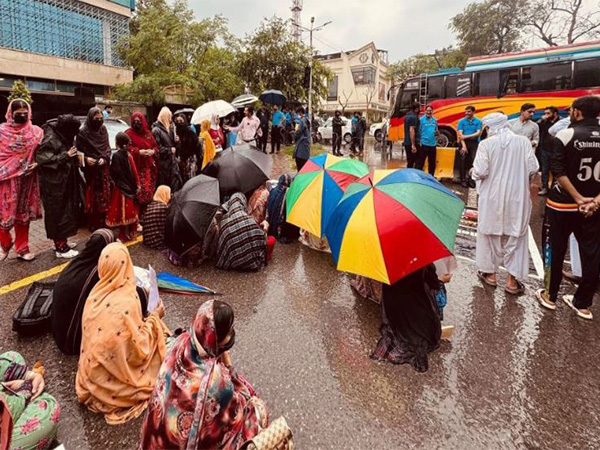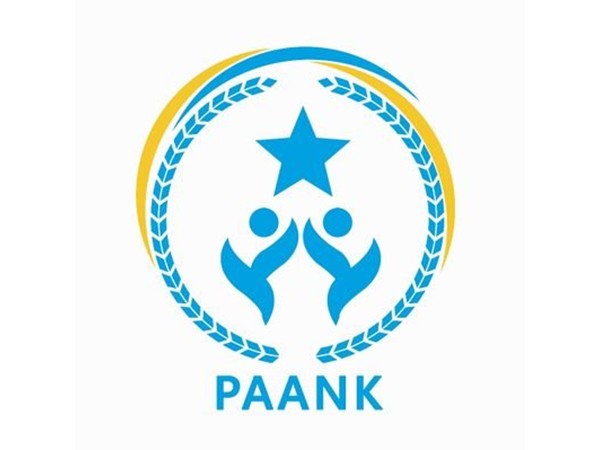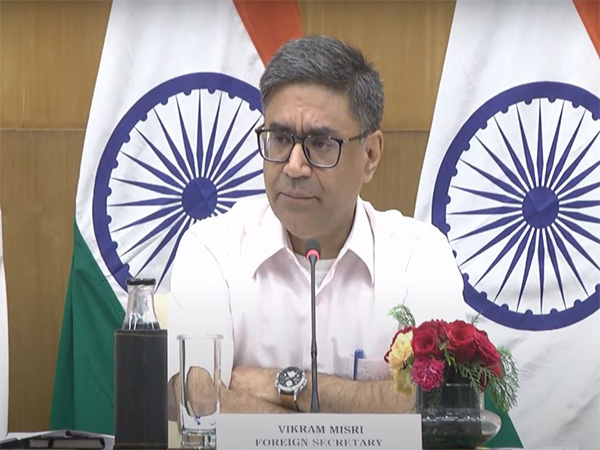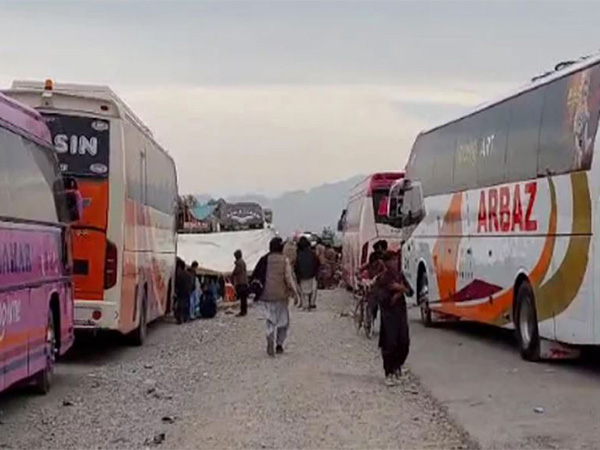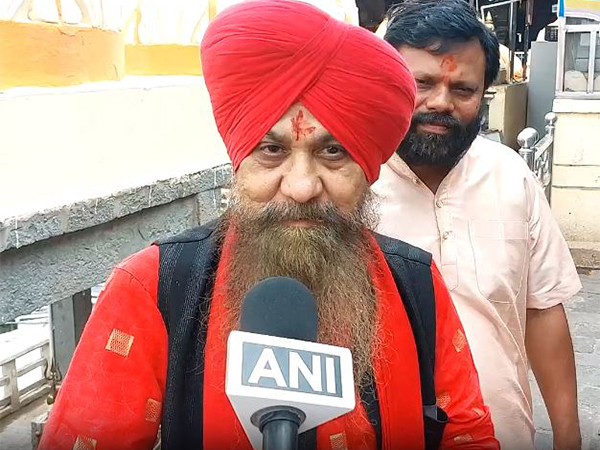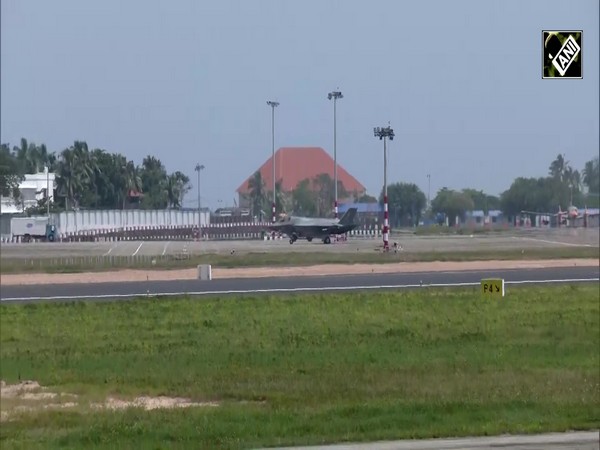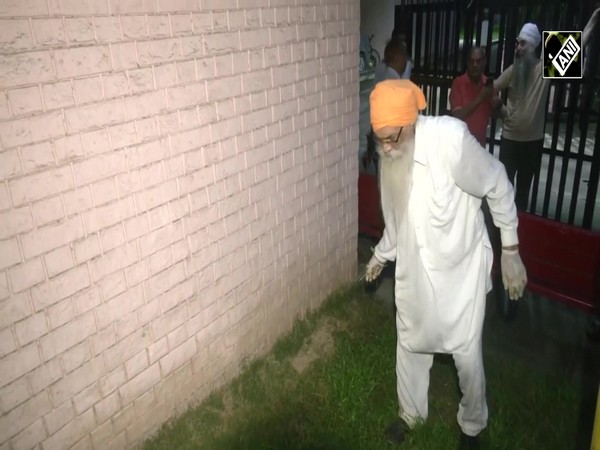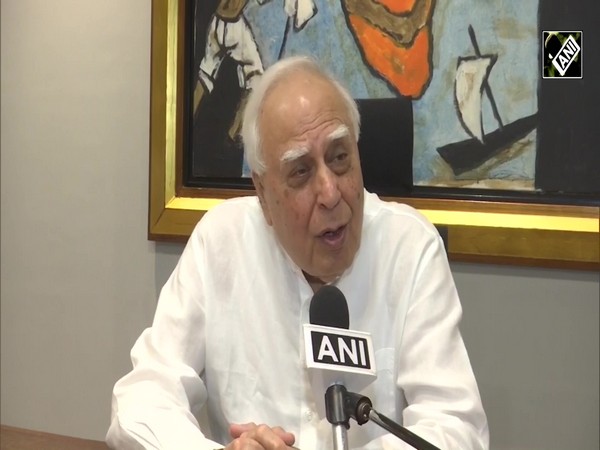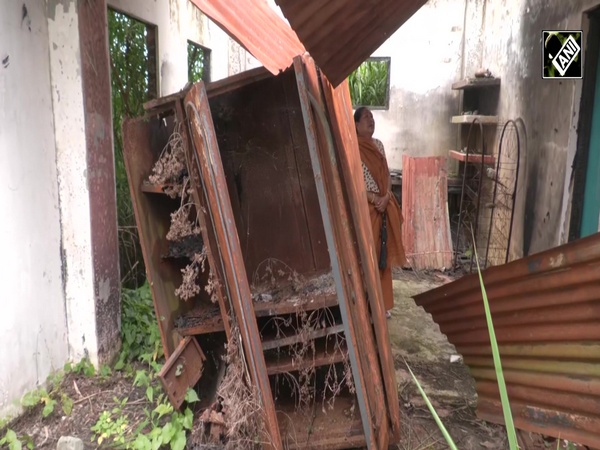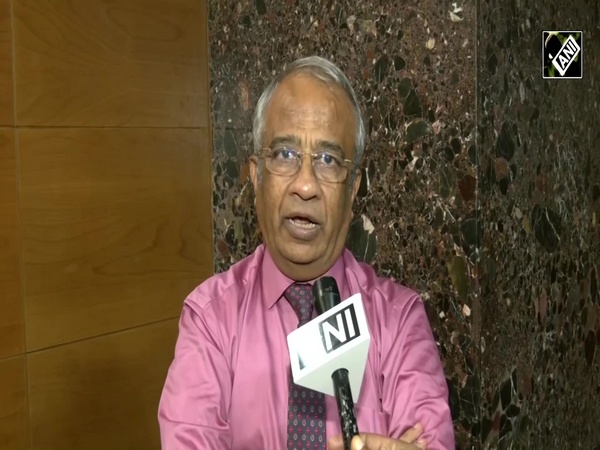Pak to change Gilgit Baltistan's status in response to scrapping of Art 370 in J-K: EFSAS
Sep 26, 2020

Amsterdam [Netherlands], September 26 : In a "belated response" to India's moves to nullify Articles 370 and 35A in Jammu and Kashmir, Pakistan is turning Gilgit Baltistan into a province by giving it representation on all constitutional bodies, according to the European Foundation for South Asian Studies (EFSAS).
EFSAS, a European think tank in its commentary said that the decision could be seen as Pakistan Prime Minister Imran Khan's "belated response" to India's moves to scrap Articles 370 and 35A. It said that decision to usurp Gilgit Baltistan could only have been made in Rawalpindi, not in Islamabad.
"More importantly, however, it is the constant Chinese pressure on the military establishment to ensure a proper legal cover under Pakistan's legal jurisdiction for its investment in the China-Pakistan Economic Corridor (CPEC), which enters Pakistan from China through Gilgit Baltistan, that has forced the establishment to act," the European think tank argued.
Recently, Ali Amin Gandapur, Minister of Kashmir and Gilgit-Baltistan Affairs had announced the government's decision to "elevate Gilgit-Baltistan to the status of a full-fledged province with all constitutional rights, including its representation in the Senate and the National Assembly".
"After consultation with all stakeholders, the federal government has decided in principle to give constitutional rights to Gilgit-Baltistan," Gandapur had said.
He had further said that Prime Minister Imran Khan would visit the region soon to make the formal announcement in this regard. Soon after, it was announced that the elections for the legislative assembly of Gilgit Baltistan will be held on November 15.
"The way the events played out, it was obvious that after the Army had first instructed Khan to make Gilgit Baltistan a Pakistani province, that, despite the legal title to the region vesting in another sovereign country, India, it had herded the Opposition together and told them to fall in line or else face dire consequences," EFSAS stated.
Besides the Pakistan Army's nudge, Islamabad's frustration over the inability to attract any traction on the Jammu and Kashmir issue internationally has added to its decision to change Gilgit Baltistan's status.
In response to Pakistan's decision to usurp Gilgit Baltistan, India had responded strongly saying that "any action by Pakistan to alter the status of the militarily occupied so-called 'Gilgit-Baltistan' has no legal basis whatsoever and is totally void ab-initio. Our position has always been clear and consistent. The entire territories of the UTs of Jammu and Kashmir and Ladakh have been and are an integral part of India and would remain so. Pakistan has no locus standi to comment on India's internal matters".
In an article on September 21, Dr. Syed Nazir Gilani, president of the London-based NGO Jammu and Kashmir Council for Human Rights, warned that Pakistan would "burn its fingers" if it insisted on usurping Gilgit Baltistan.
Gilani said that people of J-K were "disturbed" over Pakistan's plans concerning Gilgit Baltistan.
He further said that the political parties of Pakistan-occupied J-K, Kashmiri scholars, and human rights activists had all "expressed their deep concern and had advised the Government (of Pakistan) to suspend its plans and respect the integrity of the State".
